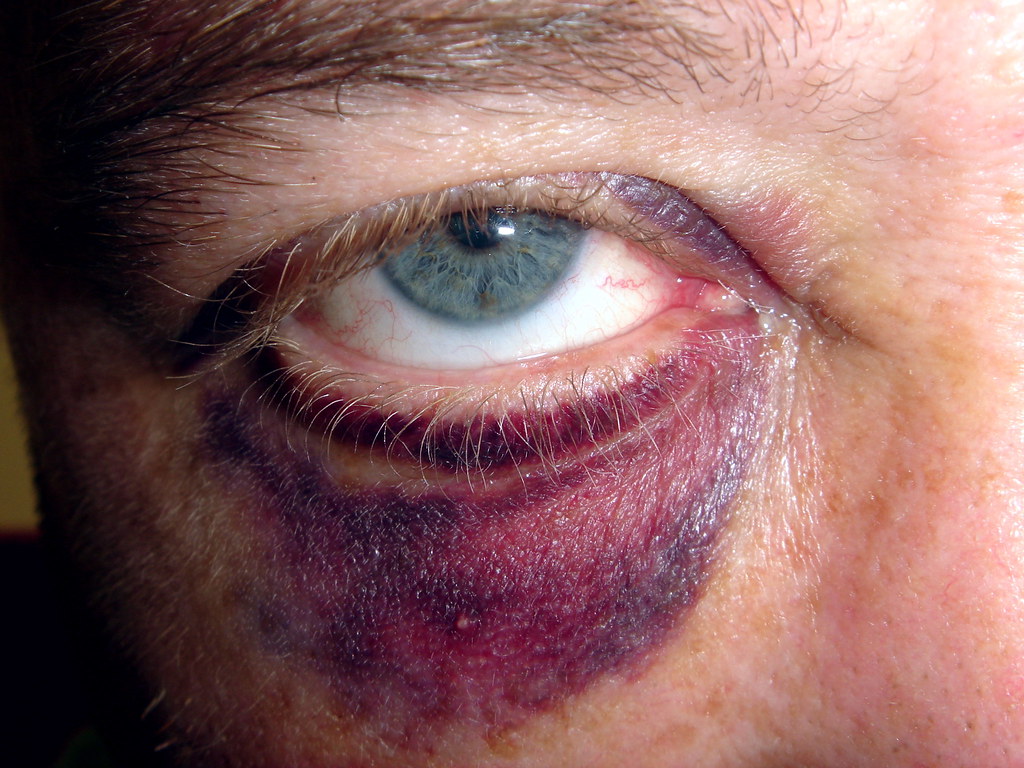I want to go for filler injections. My doctor told me one of the potential side effects is that I could have bruises under my eyes. I know this should be temporary but I'm very worried as I usually bruise quite badly and easily with minor fall. Is there any way to reduce the chance of me bruising?
From a simple needle prick to procedures like filler, or even major surgery, every procedure that manipulate your skin potentially causes bleeding and bruising.
Here's how you can do to reduce the chance or the severity of bleeding and bruises.
✅ Avoid aspirin, NSAIDS (a type of painkillers), vitamin C & E, fish oil a week before
✅ Stop alcohol and garlic 2 days before
✅ Avoid excessive exercise immediately before and 2 days after
✅ Avoid flight 1-2 days if possible (change of cabin pressure)
❓Pineapples contains bromelain and may help to reduce bruising
From a simple needle prick to procedures like filler, or even major surgery, every procedure that manipulate your skin potentially causes bleeding and bruising.
Here's how you can do to reduce the chance or the severity of bleeding and bruises.
✅ Avoid aspirin, NSAIDS (a type of painkillers), vitamin C & E, fish oil a week before
✅ Stop alcohol and garlic 2 days before
✅ Avoid excessive exercise immediately before and 2 days after
✅ Avoid flight 1-2 days if possible (change of cabin pressure)
❓Pineapples contains bromelain and may help to reduce bruising









